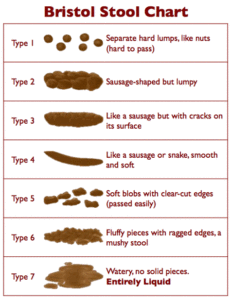Irritable bowel syndrome (IBS) is misunderstood.
Of all of the conditions I treat, IBS has the biggest identity crisis! Addressing three main factors will fix irritable bowel syndrome – but first, don’t misdiagnose yourself! Find out what irritable bowel syndrome isn’t.
What irritable bowel syndrome is not
IBS is not just a cluster of symptoms with no known cause
A doctor might tell you you “might have a bit of IBS” when you tell them about your pain, bloating and alternating diarrhoea and constipation. A good doctor might actually use a checklist (Rome IV Criteria) to draw this conclusion. But until they’ve ruled out other conditions like coeliac disease, and investigated any red flags to rule out serious conditions, this is just an assumption.
IBS is not in your head
Research into irritable bowel syndrome is booming. IBS used to be thought of as a psychological problem. We now now that there are clear physical mechanisms behind it. So while it’s great to work on psychological and stress triggers, there are plenty of physical issues to address. Of course, the mind and the body are connected. It’s valuable to learn how stress affects your gut.
IBS is not the same as abdominal bloating
In fact, if you have abdominal bloating without abdominal pain at least one day a week, then it’s not IBS (according to most recent criteria). The main symptom is that the pain you get is linked with doing a poo. It might get worse, or it might get better with defaecation. When you’ve got the pain, you might poo more, or you might poo less. Also, the poo might look different. Get familiar with the Bristol Stool Chart, so that we’re both talking the same language about your poo when we have an appointment!

